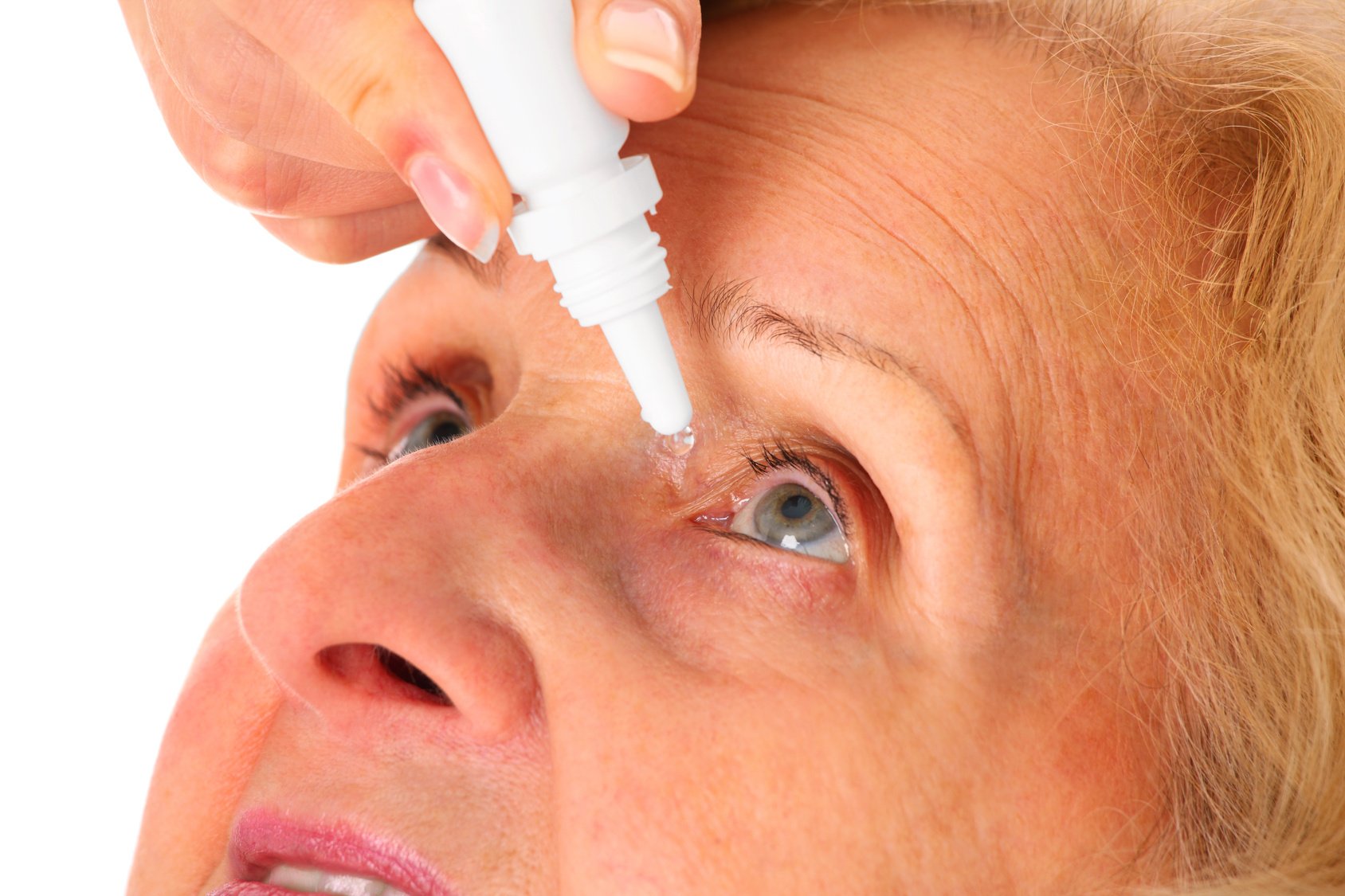All Categories
Featured

While most people recognize the importance of safeguarding their skin from the sun, the harmful impacts of ultraviolet (UV) rays on eye wellness usually go forgotten. Whether you're soaking up the sunlight on a summertime day or strolling outdoors on a cloudy mid-day, guarding your eyes from UV rays is vital.
What Are UV Rays? UV rays are a kind of electro-magnetic radiation sent out by the sun. They are categorized into 3 kinds:
UVA Rays: These pass through deep into the skin and eyes and can add to long-term damage. UVB Rays: These rays are extra extreme than UVA and are largely in charge of surface-level damage to the eyes and skin. UVC Rays: These are one of the most hazardous however are mainly absorbed by the Earth's ozone layer and do not commonly reach us. UVA and UVB rays are the primary culprits behind eye-related damage.
Short-Term Results of UV Exposure on the Eyes. Also short-term direct exposure to extreme UV rays can hurt your eyes. One usual problem triggered by this is photokeratitis, or "sunburn of the eye." Symptoms of photokeratitis consist of:
Uncomfortable, red eyes. Level of sensitivity to light. Tearing or too much watering. Short-lived vision loss or fuzzy vision. Photokeratitis is usually short-term, however it acts as a caution of how damaging UV direct exposure can be, even in tiny dosages.
Long-Term Results of UV Exposure. Extended exposure to UV radiation can bring about much more severe and permanent eye problems, such as:
Cataracts: UV rays can increase the development of cataracts, a condition that causes clouding of the eye's natural lens, resulting in blurred vision and, if neglected, blindness.

Macular Deterioration: UV direct exposure can harm the retina, specifically the macula, increasing the danger of age-related macular deterioration (AMD), which impacts central vision.
Pterygium: A development of tissue on the white part of the eye that can extend over the cornea, causing discomfort, soreness, and vision issues.
Pinguecula: UV direct exposure can create yellowish down payments to develop on the conjunctiva, leading to irritability and dryness.
Skin Cancer Cells Around the Eyes: The fragile skin surrounding your eyes is extremely at risk to UV radiation, boosting the threat of skin cancers like basal cell carcinoma and squamous cell cancer.
Exactly How to Safeguard Your Eyes from UV Rays. Shielding your eyes from UV rays is easy and calls for a few mindful habits:
Buy High Quality Sun glasses: Choose sunglasses that obstruct 100% of UVA and UVB rays. Search for tags that specify "UV 400" protection. Wrap-around styles are optimal as they block UV rays from the sides too.
Use a Wide-Brimmed Hat: A hat with a brim at the very least 3 inches vast can considerably decrease UV direct exposure to your eyes and face.
Limit Exposure During Top Hours: UV rays are strongest between 10 a.m. and 4 p.m. If you must be outdoors throughout these hours, see to it you're sufficiently secured.
Do Not Be Tricked by Clouds: UV rays can permeate with clouds, so it is necessary to wear sunglasses also on overcast days.
Safeguard Your Eyes Year-Round: Snow, sand, and water can reflect UV rays, increasing their results. Eye protection isn't simply for sunny summer season days-- guarantee you're covered in all periods.
Use UV-Blocking Call Lenses: Lots of contact lenses now come with UV protection. If you wear contacts, ask your eye medical professional concerning lenses with built-in UV filters for added security.
Urge Eye Security for Kid: Kid's eyes are extra conscious UV rays due to the fact that their lenses are more clear, allowing even more radiation to reach the retina. Make certain they use sunglasses and hats during exterior tasks.
Normal Eye Exams. Regular examinations with an eye treatment expert are essential for early detection of any UV-related damages. An optometrist or eye doctor can examine your eyes, recommend safety actions, and detect conditions like cataracts or macular degeneration early on.
Verdict. By wearing UV-blocking sunglasses, restricting sun exposure during optimal hours, and staying regular with eye examinations, you can ensure your eyes remain healthy and your vision continues to be clear for years to come. Securing your eyes from UV radiation isn't simply concerning comfort-- it's a crucial action in preserving your long-lasting eye health.
Latest Posts
Eye Center South - Expert Cataract Removal Services: Regain Sharp, Clear Vision.
South Eye Center - Trusted Eye Care Specialist Nearby: Comprehensive Vision Solutions.
Discover Affordable Style at Bare Bones Furnishings in Glens Falls
More
Latest Posts
Eye Center South - Expert Cataract Removal Services: Regain Sharp, Clear Vision.
South Eye Center - Trusted Eye Care Specialist Nearby: Comprehensive Vision Solutions.
Discover Affordable Style at Bare Bones Furnishings in Glens Falls